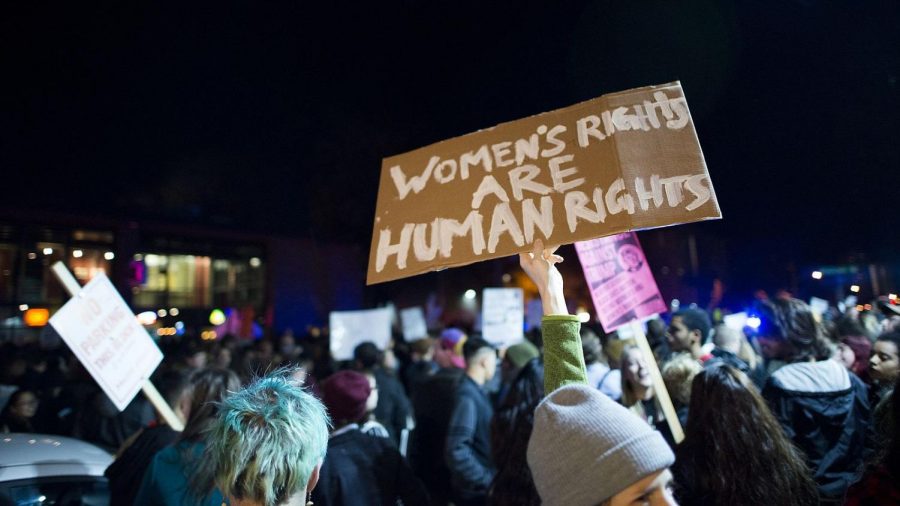Trump Administration Imposes Birth Control Restrictions
Issues surrounding birth control and its access have installed a sense of fear and confusion in many American women.
As of October 6, 2017, the United States Department of Health and Human Services, Treasury, and Labor will make it easier for employers to deny their employees contraceptive coverage if they have a religious or moral objection in doing so.
President Trump claims his movement to roll back birth control availability has a basis in protecting people’s religious values and moral standards, yet some people are questioning his new legislation.
“I don’t understand why [Trump] is using religion as his narrative,” stated Williston senior Lizzie Cuevas. “The United States established the separation of church and state over hundreds of years ago; we shouldn’t reverse that.”
Many women believe that this is a blatant attack on female’s reproductive care, something Trump has been steadfast on diminishing. His presidency and platform have been focused on striking down institutions that allow women to seek health, such as Planned Parenthood.
In an article for the New York Times, Planned Parenthood’s chief medical officer, Raegan McDonald-Mosley, stated that she is “worried this move will manufacture a medical crisis for millions of women across the country.”
Senior Julia Maclean thinks that Trump is unjustified in his stance on birth control, and believes that birth control is not always used to the elimination of pregnancy.
“I know girls who take it to regulate acne and other hormones.”
Amber Mish, a registered nurse at Williston believes that “birth control is used for many things” and that “birth control is not limited to pregnancy prevention.”
According to the Guttmacher Institute, a leading organization focused on increasing reproductive care in the United States, 58% of women use birth control for non-contraceptive health benefits.
Because of its variety in usage, birth control allows women to practice control over their own bodies. The removal of birth control from employee healthcare limits women from exercising jurisdiction over their reproductive rights.
Ainsley Holman is a senior from Dallas, Texas. When not in school, she enjoys dancing and spending time with her friends.








